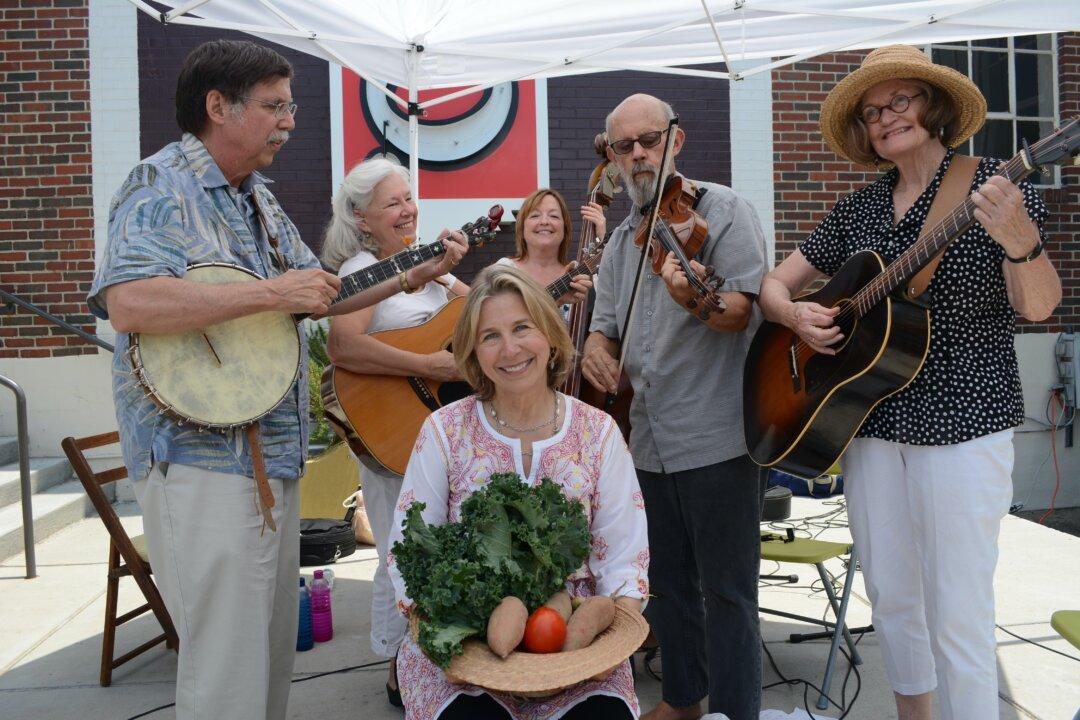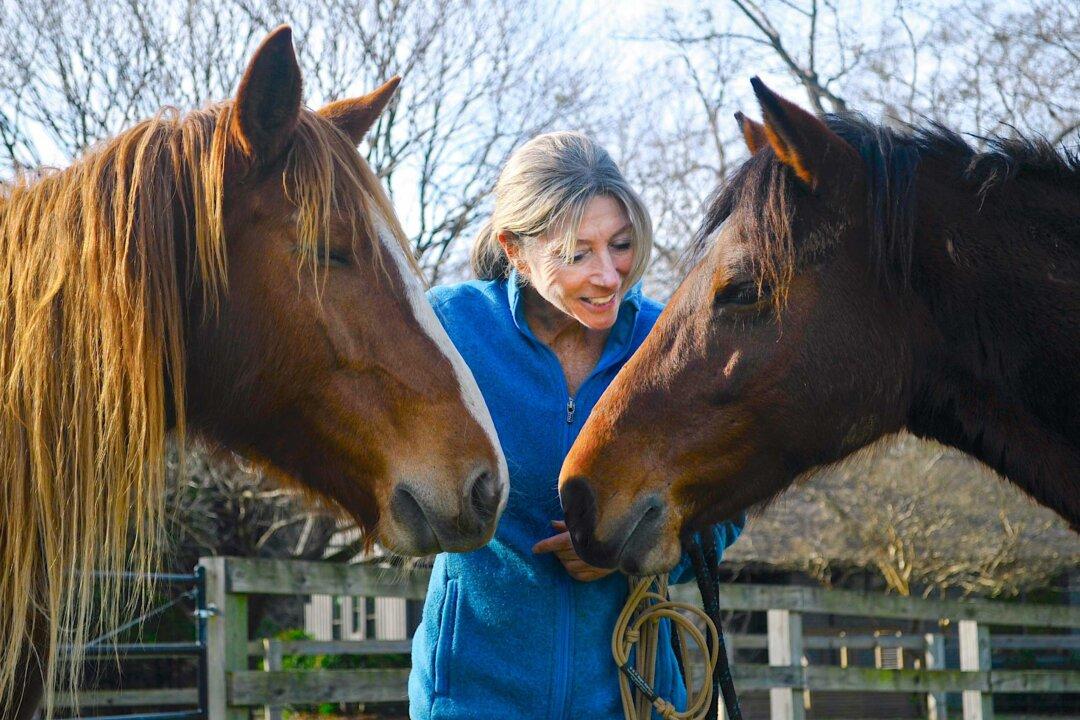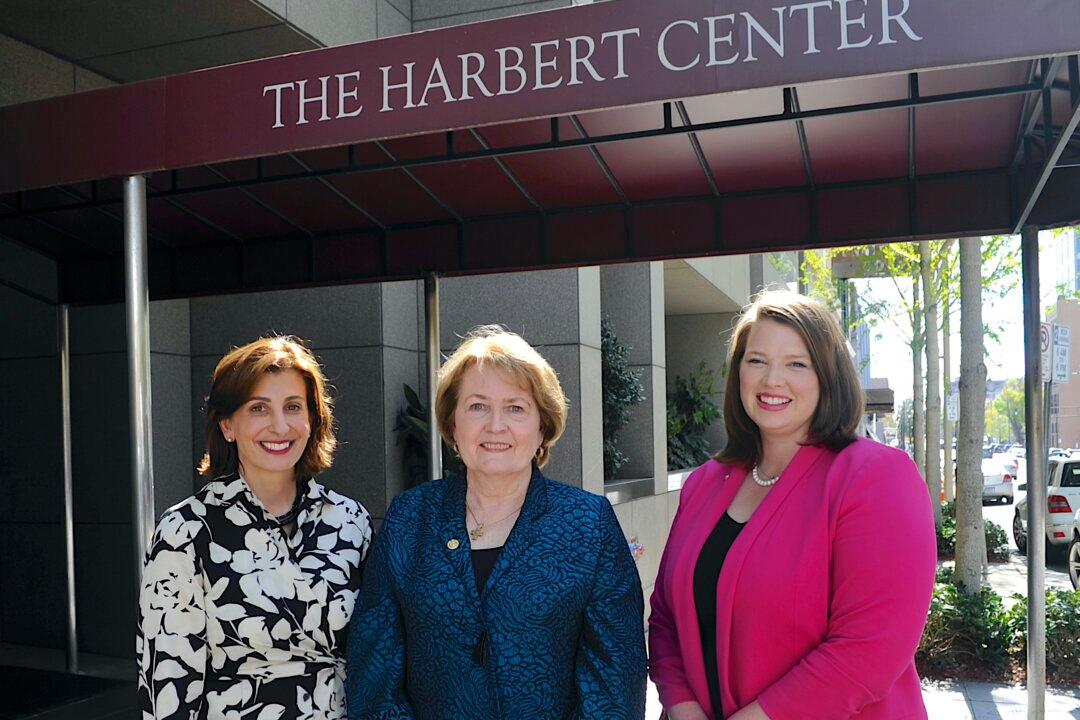Early on a Saturday fall morning in the Southside neighborhood of Birmingham, Alabama, within the parking lot of an old Dr. Pepper bottling plant, farmers began to set up their stands. They would soon be selling fruit, vegetables, herbs, flowers, and a plethora of locally grown harvest. If you had walked among the farm stands, you would have almost smelled the fresh earth nourishing the crops, seen the colors emanating from nature’s bounty, and heard the tractors tilling the rich meadows.
Growing up in a rural area near Birmingham, Cathy Crenshaw developed an early love for this land and the wilderness all around her. She played in tiny creeks and caught minnows and got muddy feet—which influenced her to embrace concepts like sustainability, conservation, and connectedness. Later in life, she searched for locally grown food and embraced small family farms. She adored working in the urban city and worked to promote the downtown area. But when suburban sprawl, which started in the 1960s, led to the decline of the city center and replaced family farms with huge supermarkets, she decided to take action.





